Zero-Energy to become new trend of township construction
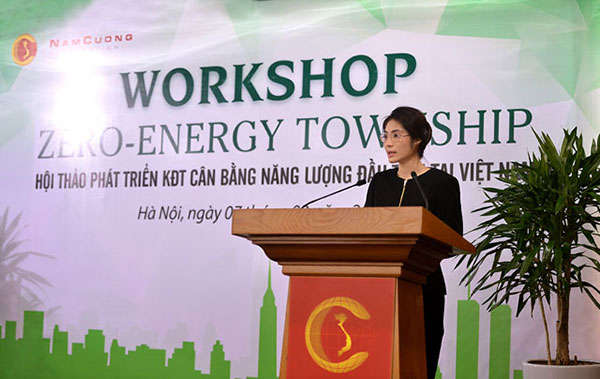 |
The workshop was a chance for experts to share information of the newest technologies and criteria in green building as well as the application of technology in developing a building as well as a whole township, such as the 200-hectare Duong Noi Township.
At the workshop, experts said that using natural resources faster than they can be recovered is the reason for the worsening climate change and for the toxic and unhealthy environment that people have to live in.
IFC calculated that currently buildings are consuming more than 30 per cent of the energy that fast developing countries, such as Vietnam, are consuming. Vietnam is one of the countries most heavily impacted by climate change. Though many developers are aiming to construct green buildings, the number of certified green constructions in the country is still limited, and these are mostly office buildings and supermarkets, with only a handful of residential buildings.
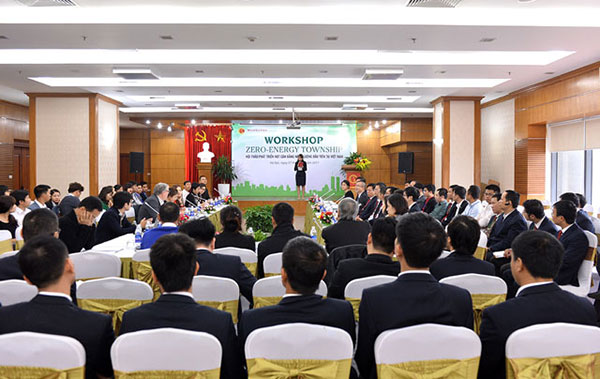 |
According to Poul Erik Kristensen, an expert who has been developing green buildings for more than 30 years in Denmark, Europe, and many countries in Asia, there are some townships in the world that aim to become Zero-Energy in the near future, including the whole city of Copenhagen in Denmark, with its 1.2 million people, the town of Uralla in Australia with the project Z-net Uralla, and the city of Crisfield in Maryland, US.
“In order to become a Zero-Energy township, Duong Noi needs to be planned and designed to use energy very efficiently and minimise dependence on the national grid. Besides, the township should develop enough renewable energy to meet the demand of local families and businesses,” said Kristensen.
At the workshop, the IFC presented the Excellence in Design for Greater Efficiencies (EDGE) certification. Other presentations were held on experience in green building in Fujisawa city in Japan, SolarBK’s solutions using solar power in buildings, innovative and energy-saving plumbing systems by Grundfos, and more.
In her speech at the event, Tran Thi Quynh Ngoc, deputy chairman of Nam Cuong, said, “Green buildings that increase energy efficiency and save energy are going to have a good impact on the environment and society. Nam Cuong is going to focus on developing buildings that benefit the community, help protect the environment, and decrease dependence on fossil fuel and other non-renewable resources.”
Jane Henley, IFC's EAP EDGE programme manager, said, “Nam Cuong’s vision will have an impact on other developers.”
Nam Cuong is developing Duong Noi Township into a Zero-Energy township, the first of its kind in Vietnam.
Anland Complex and An Phu Shop-villa are both developed by Nam Cuong to meet the EDGE criteria. Specifically, the two are designed to decrease energy usage by 20 and 27 per cent, respectively.
Nam Cuong aims that by 2020, it is going to have all its buildings EDGE-certified, become a hub to share experience in green building with investors and designers, and be a trusted source for users regarding energy saving.
| RELATED CONTENTS: | |
| Nam Cuong Corporation and IFC to promote green building together | |
| Nam Cuong quit big township | |
What the stars mean:
★ Poor ★ ★ Promising ★★★ Good ★★★★ Very good ★★★★★ Exceptional
Latest News
More News
- SABECO to elevate Vietnam's beverage industry to global standards (November 21, 2024 | 17:36)
- ABeam Consulting Vietnam introduces BSQCD Purchasing Strategy Framework (November 21, 2024 | 16:40)
- Major railway requires debt considerations (November 21, 2024 | 12:07)
- Reviving a new life cycle for plastic waste (November 21, 2024 | 09:16)
- Key balances maintained for industrial production (November 21, 2024 | 08:00)
- Ecolean Vietnam honoured with prestigious sustainability award (November 19, 2024 | 10:01)
- HEINEKEN Vietnam’s clear path towards net-zero (November 18, 2024 | 15:13)
- VLCA 2024 honours corporate governance excellence as listed companies raise the bar (November 18, 2024 | 09:00)
- High-tech personnel to drive competition (November 17, 2024 | 09:21)
- Rising use of Generative AI Apps boosts consumer interest in differentiated connectivity (November 16, 2024 | 09:41)




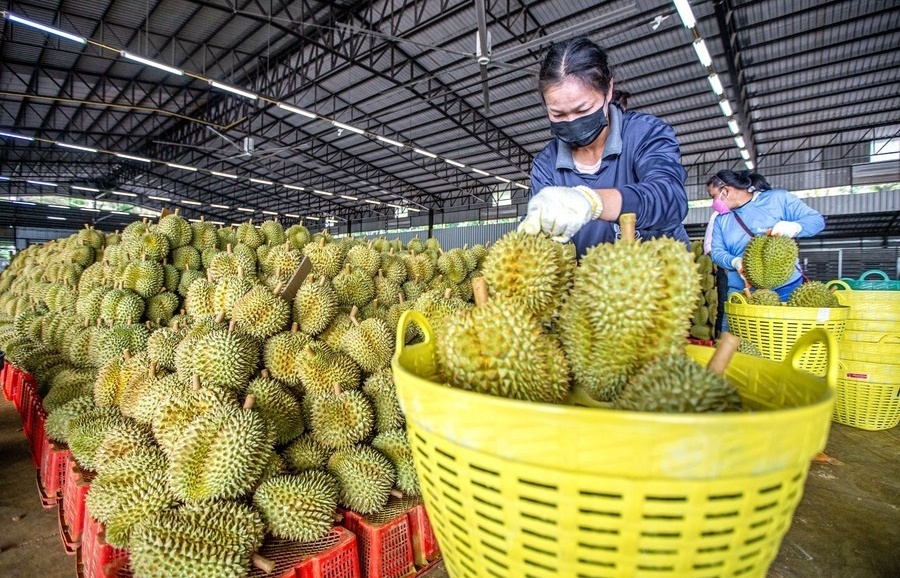
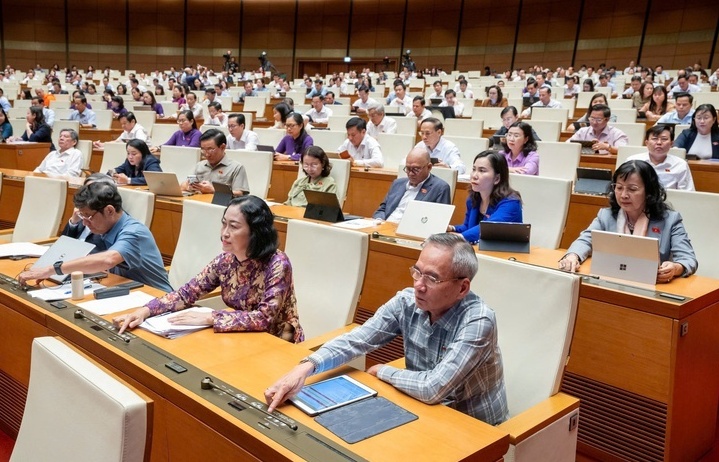
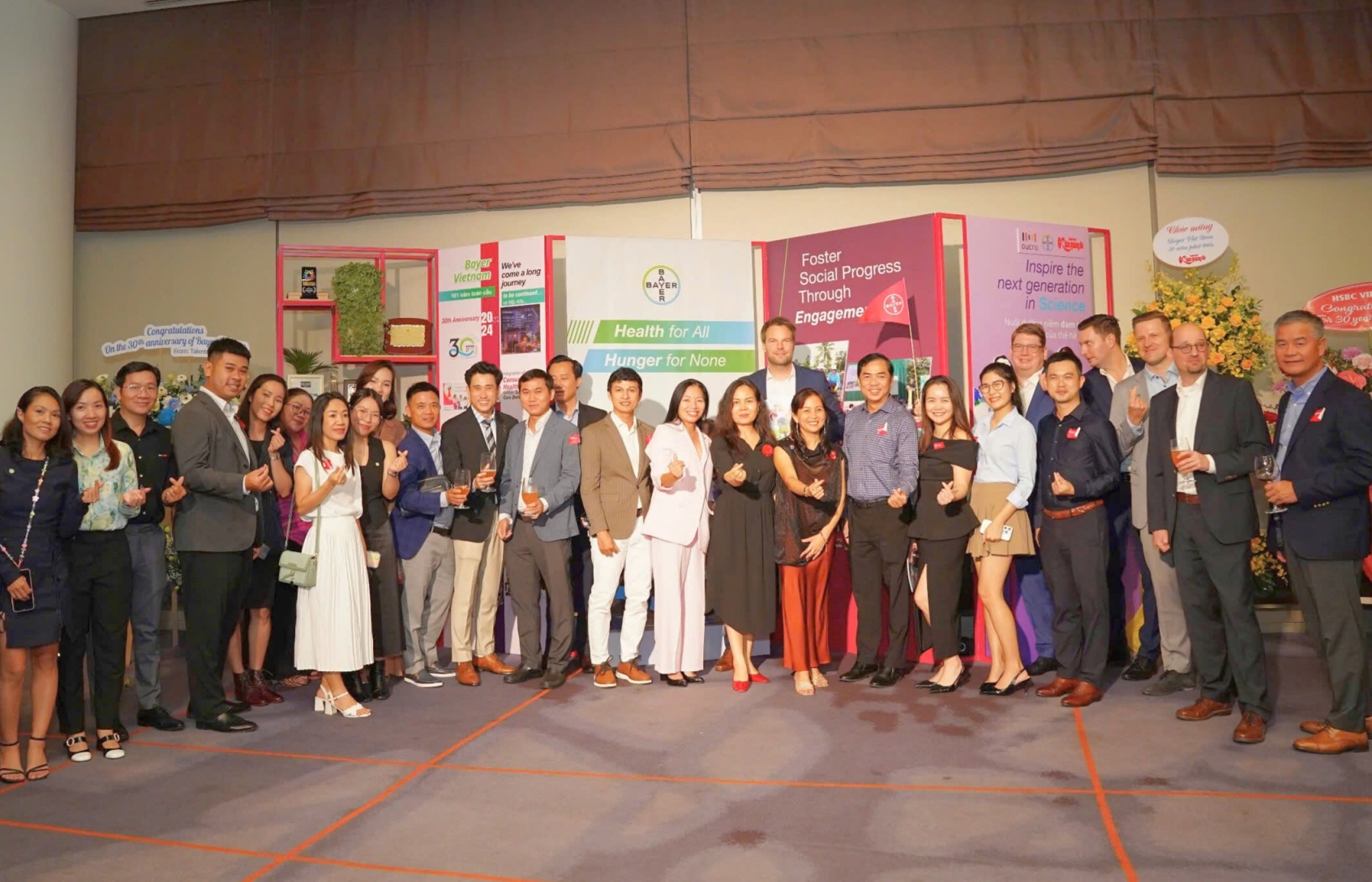
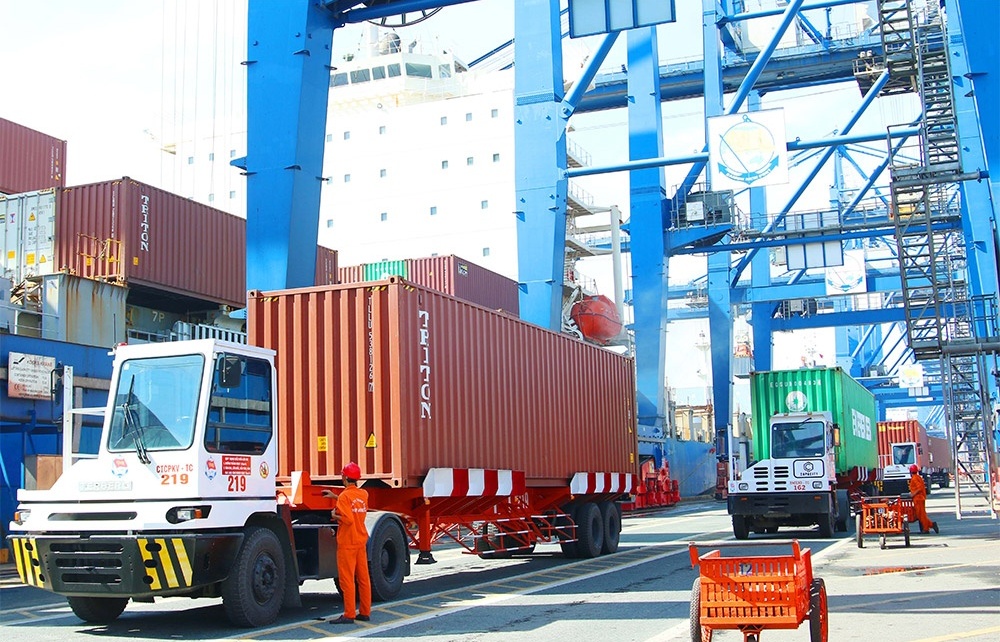
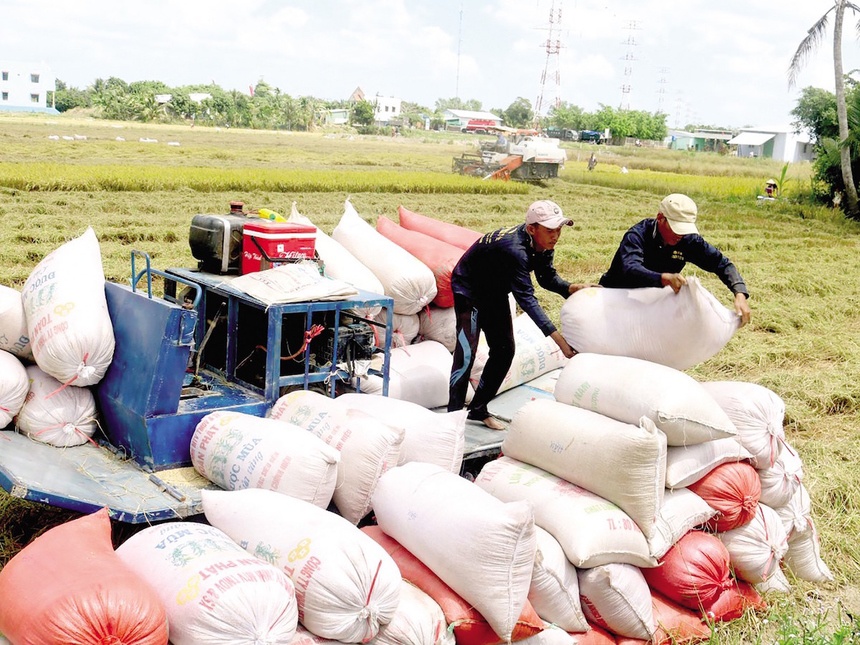






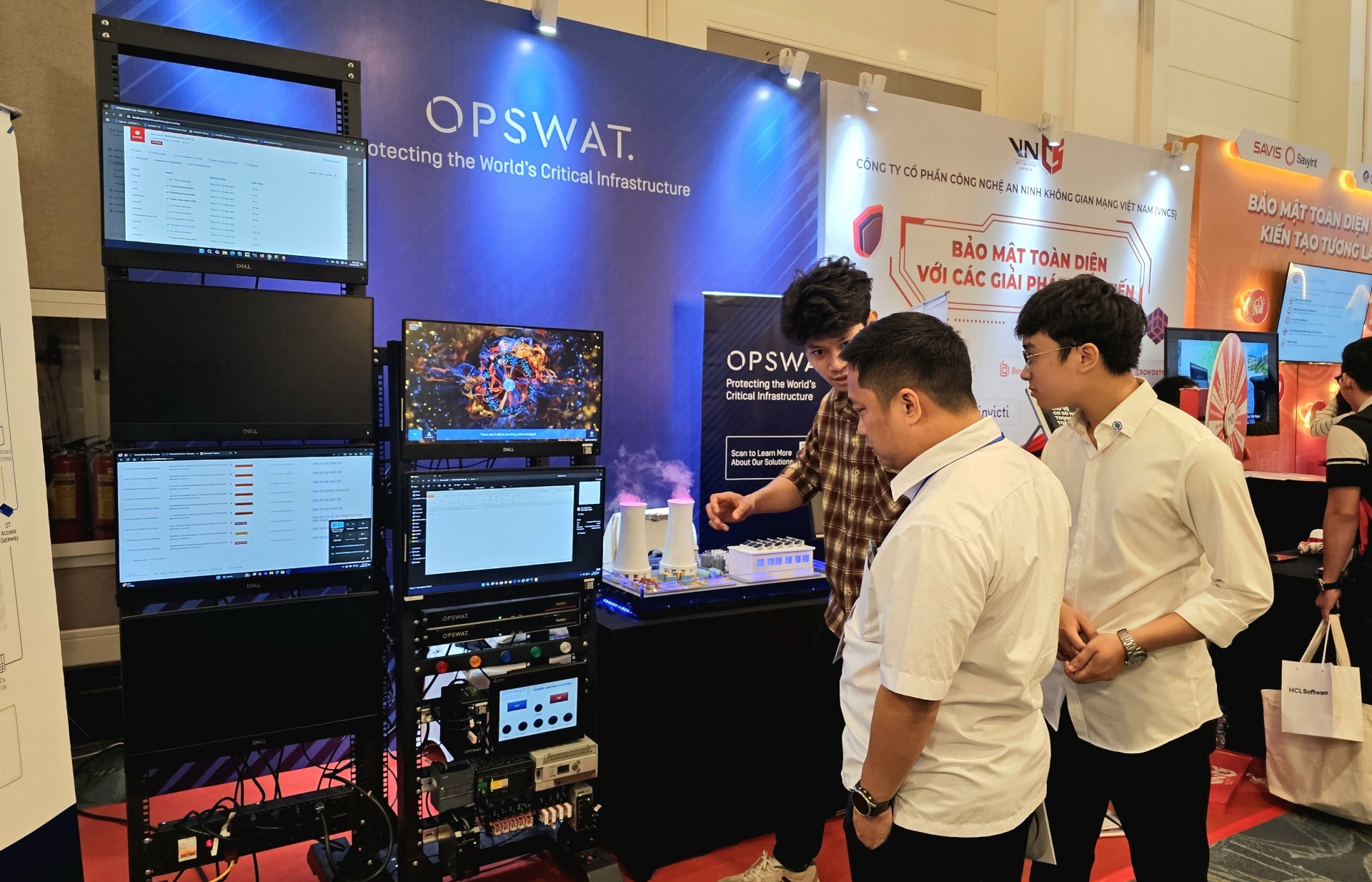



 Mobile Version
Mobile Version